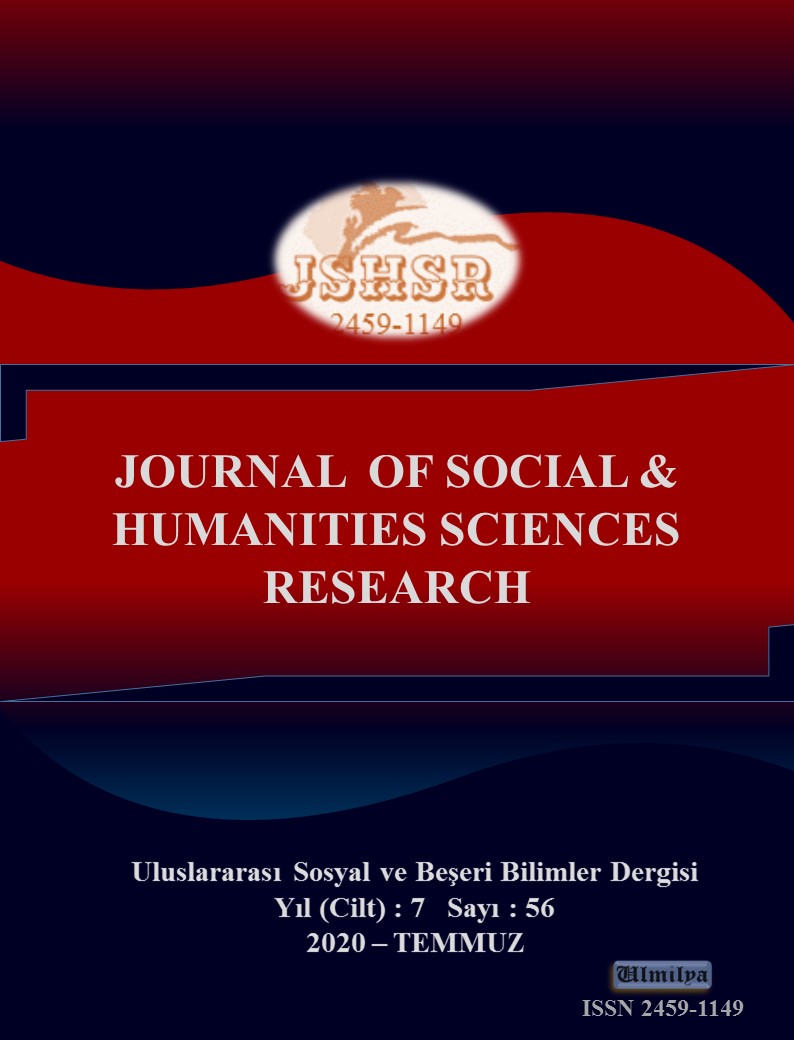PROBLEM-SOLVING SKILLS AND EMOTIONAL INTELLIGENCE LEVEL OF NURSING STUDENTS
DOI:
https://doi.org/10.26450/jshsr.1793Keywords:
emotional intelligence, problem-solving, nursing studentAbstract
Introduction: In recent years, emotional intelligence has emerged as a vital element of success in daily life and interpersonal
relationships. The development of emotional intelligence is important at every level of education from pre-school to university.
All results of the emotional intelligence in terms of education increased the necessity of this concept in the nursing education
process. It is important to develop emotional intelligence in nursing teaching so that student nurses can be aware of their and
others' emotions in the face of stressful situations and improve their coping and adaptation processes.
Material and Method: The students who made the sample of our work came from the different educational institutions to get
the summer school courses opened in Eskişehir Osmangazi University Health Sciences Faculty in 2016-2017 Education Year.
Emotional Intelligence Scale and Problem Solving Inventory Scales and the sociodemographic data form created by the
researchers as a result of the literature review were used. Statistical analyzes were performed using the SPSS (IBM SPSS
Statistics 20) package program. Frequency tables and descriptive statistics are used in the interpretation of findings.
Results: The average age of the participants was 21,43 ± 2,06 (year), 98,0% were single and 56,9% were females. The mean
score of emotional intelligence scale was 3,33 ± 0,67 and mean scores of scale subscale were good 3,33 ± 0,82, self control
3,04 ± 0,73, sensibility 3,25 ± 0,59, sociability it is 3.38 ± 0.68. The total score average of the problem-solving inventory was
100,65 ± 13,96 and the mean scores of the scale subscales were 34,44 ± 8,33, 14,39 ± 4,72, evasive approach 14,72 ± 4,70, the
evaluative approach was 8,71 ± 3,16, the self-confident approach was 17,40 ± 5,62, and the planned approach was 10,99 ±
3,82. A statistically significant relationship was found between the Emotional Intelligence Scale and the Problem Solving
Inventory on the negative side, very poorly and on the scale.
Conclusion: According to the results of our study, emotional intelligence and problem-solving skills in nursing students were
found to be moderate and meaningful, and emotional intelligence of socially more active students was higher. In the literature
review, nurses were directed to their own emotions and to be involved in nursing education curricula in emotional intelligence
and problem solving to understand the emotions of the patients, and these curriculum programs should be supported by the
efforts to develop emotional intelligence skills. It is considered that nurses will increase the quality of patient care by providing
self-awareness and management of emotions before and after graduation. It is stated in the literature that emotional intelligence
skills are an important condition to be observed when recruiting nurses. For this reason, extramarital seminars, conferences,
workshops, panels and so on are organized in our country in order to develop emotional intelligence skills in nursing schools.
the organization of activities, the development of emotional intelligence, the students firstly identify their characteristics, their
strengths and weaknesses, and the evaluation of emotional reactions to events.
Downloads
Published
How to Cite
Issue
Section
License
Copyright (c) 2020 INTERNATIONAL JOURNAL OF SOCIAL HUMANITIES SCIENCES RESEARCH

This work is licensed under a Creative Commons Attribution 4.0 International License.


